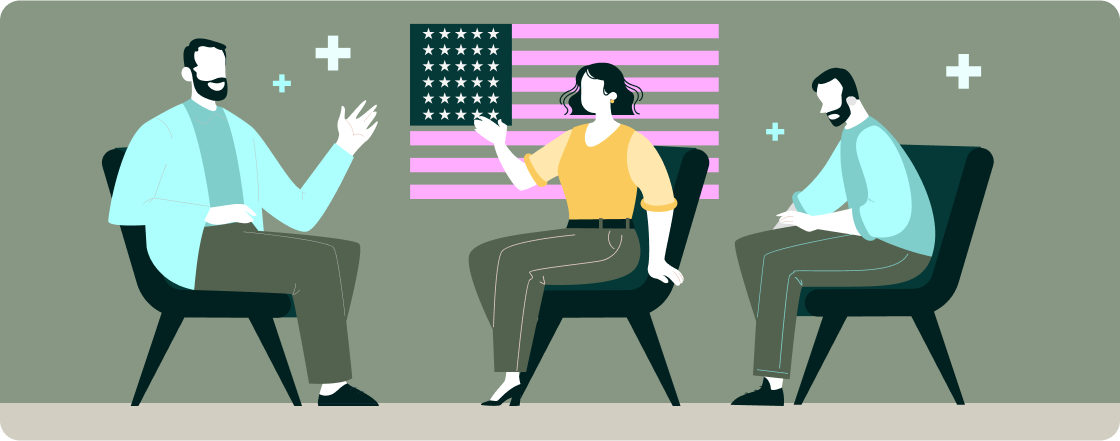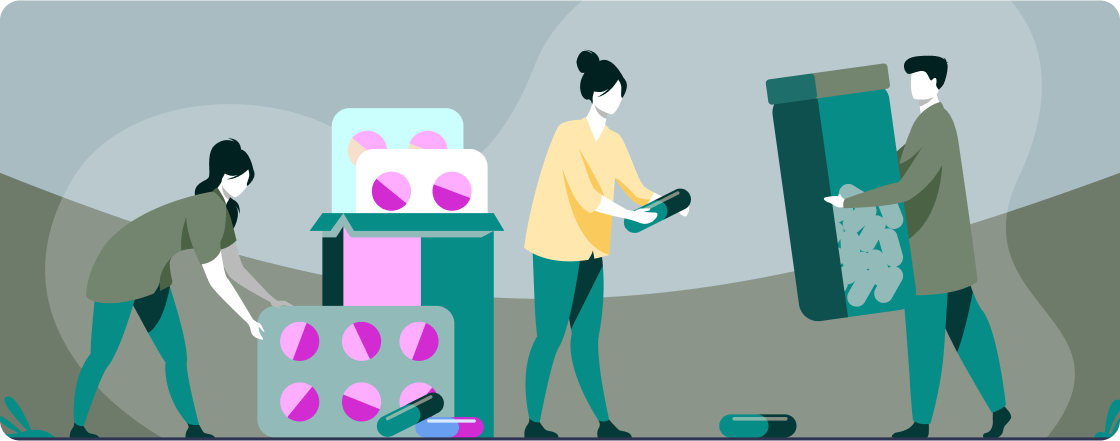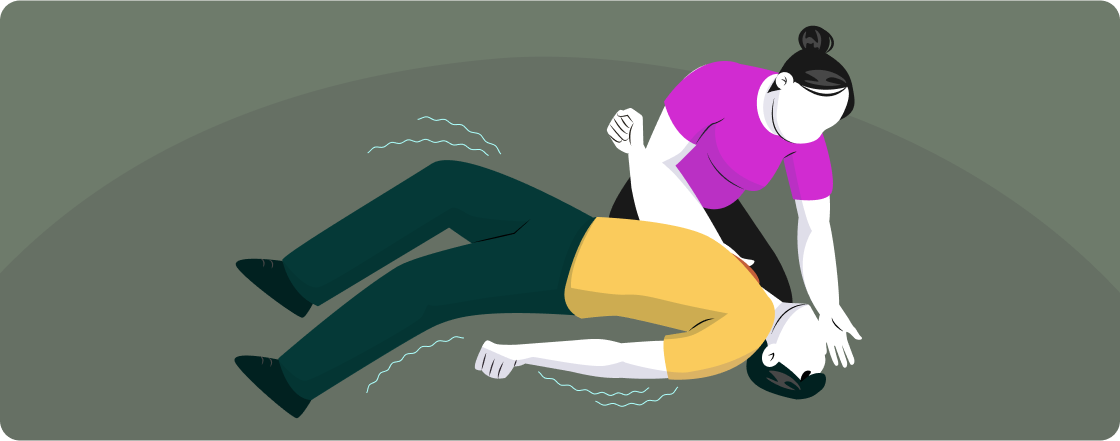
What If I’m Slightly Addicted and Still Want Help? Is Treatment Right for Me?
You don’t have to hit rock bottom to seek help. One of the biggest misconceptions about addiction is that treatment is only for those who have lost everything. But what if your substance use feels manageable—just a few drinks after work, or an occasional pill to take the edge off—yet you still feel uneasy about it? If you’ve asked yourself whether you’re slightly addicted, that question alone is reason enough to explore what’s going on.
Recognizing the Early Signs of Addiction
Addiction isn’t always dramatic or obvious. Early warning signs often show up in subtle ways: maybe you’re thinking about your next drink more than you’d like to admit, using substances to cope with emotions, or feeling guilt after using. Perhaps you’ve tried to cut back and found it harder than expected. According to the National Institute on Drug Abuse (NIDA), substance use disorder exists on a spectrum—mild, moderate, and severe—and early intervention can prevent it from progressing.


Why Seeking Help Early Matters
Waiting until things fall apart makes recovery more complicated. The earlier you address your concerns, the more tools you have to manage the situation before it causes serious damage to your health, relationships, or work life. Many treatment programs are designed to meet people exactly where they are, even if they’re in the early stages of struggling with substance use.

The Emotional Side of “Mild” Addiction
Even occasional use can carry a heavy emotional burden—feelings of shame, secrecy, or the fear that your habits might get worse. These emotions can isolate you, making it harder to reach out. It’s important to know that asking for support doesn’t mean you’re weak or overreacting. It means you’re self-aware and proactive—traits that are incredibly valuable in recovery.

How Treatment Can Help
Treatment isn’t one-size-fits-all. If you’re in the early stages of substance use concerns, options like outpatient therapy, group counseling, or peer support groups may be a good fit. These approaches allow you to explore the reasons behind your use, develop healthier coping mechanisms, and connect with others who understand what you’re going through. Even short-term programs can help you make meaningful changes before the problem grows more serious.


There’s No Shame in Getting Help
Whether your struggle is loud or quiet, support is available. Seeking treatment when you feel “just slightly addicted” isn’t an overreaction—it’s a smart, courageous step toward long-term wellness.









